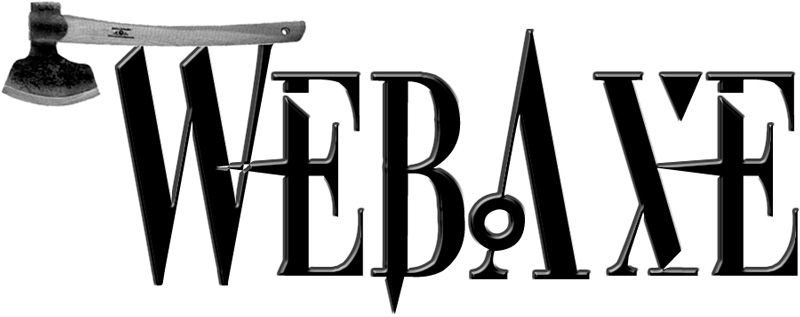I admit I’m hooked on Twitter, but unfortunately, like many web sites, it’s not very web accessible.
Thanks to Gez Lemon of Juicy Studio, you may now implement a Focus Twitter Greasemonkey script to help with web accessibility, specifically keyboard use. With the script, the user is now able to view the Favorite, Reply and Delete links for each tweet in the timeline on the focus event (in addition to on current mouseover event, which obviously requires a mouse).
In order to use the script, you have to install Greasemonkey which is a Firefox add-on, so it obviously requires the Firefox web browser.
Learn more about it in the Juicy Studio article Twitter Focus.
UPDATE (Feb 3)
- The script was broken due to Twitter changing code on their site, but it is now fixed.
- I (Dennis) am working on an Accessible Twitter web site and hope to launch it within a couple weeks!
